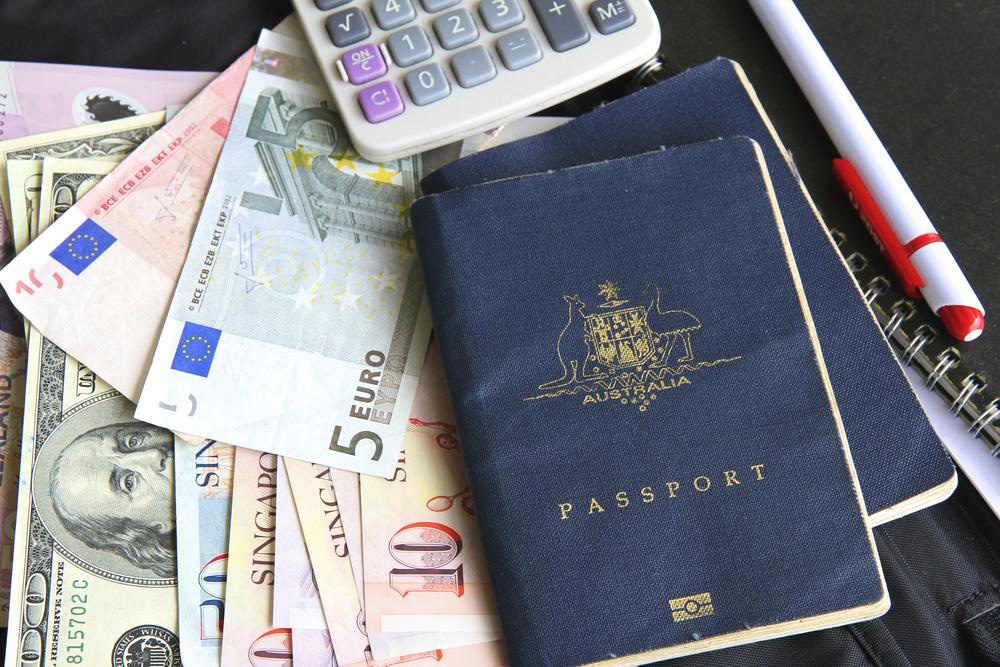Comprehensive Guide to Economizing Your Travel Insurance Choices
This detailed guide provides practical tips for travelers to save money when choosing travel insurance. It emphasizes shopping around, tailored coverage, leveraging credit card benefits, and regional coverage considerations. By understanding these factors, travelers can secure comprehensive protection without overspending. Whether you're a frequent traveler or planning a one-time trip, these insights help optimize your insurance choices, ensuring peace of mind and budget efficiency during your travels.

Comprehensive Guide to Economizing Your Travel Insurance Choices
Travel insurance has become an essential aspect of planning any trip, providing travelers with a safety net against unforeseen events. Many travelers purchase insurance spontaneously, often driven by concern for safety and peace of mind. However, the costs associated with travel insurance can significantly impact your overall travel budget, especially if not carefully selected. This guide aims to help you understand how to find affordable, effective travel insurance options without compromising coverage quality, ensuring a worry-free travel experience that aligns with your financial plans.
One of the common pitfalls is purchasing insurance through travel agents or tour packages. These bundled deals often include insurance as an additional perk, but they tend to embed extra commissions within the overall price. As a result, travelers end up paying more than necessary. Shopping around independently online or directly through insurance providers can lead to better deals and more tailored coverage. Comparison websites and specialized insurance brokers can also assist in finding policy options that suit your specific needs while offering competitive prices.
Every journey is unique, and so should be the insurance coverage you select. Instead of opting for a one-size-fits-all policy, analyze your trip profile and identify the areas where coverage is most crucial. Common coverage includes medical emergencies, trip cancellations, lost luggage, and travel accident protection. Prioritize these according to your travel plans and personal health requirements. Carefully read policy details to understand what is covered and what isn’t. Look out for high deductibles or exclusion clauses that could lead to unexpected expenses. Tailoring your plan helps you avoid paying for unnecessary coverage and ensures that you’re protected where it matters most.
Many credit cards and banking institutions offer complimentary or highly discounted travel insurance for their cardholders. If you frequently travel, leveraging these benefits can lead to substantial savings. It’s worth calling your bank or credit card provider to understand the scope of the coverage provided. Often, these programs include protections for trip delays, lost luggage, and even emergency medical expenses. For those who travel multiple times annually, annual travel insurance plans can be more economical than purchasing individual policies for each trip. These plans combine comprehensive coverage with convenience, saving you money and time in the long run.
Regional and international travel coverage is another crucial factor to consider. Insurance policies may have geographical limitations, so always verify which regions are covered under your plan. For example, a policy designed primarily for domestic travel might not sufficiently cover international trips or specific countries. Some countries like Turkey, Morocco, and Egypt might have broader coverage under European or global plans. Ensure that your policy explicitly states the regions included to avoid gaps in coverage, especially when traveling to multiple or unfamiliar destinations. Confirming these details beforehand can prevent costly surprises if a claim needs to be made during your trip.
Additionally, be aware of the policy’s claim process and customer service quality. An affordable plan means little if claims are difficult to process or delays are common. Look for reviews or ratings from other travelers, and consider policies that offer 24/7 customer support. Having access to prompt assistance during emergencies is valuable and can save you both money and stress during your travels.
In conclusion, reducing your travel insurance expenses involves careful research, understanding your specific needs, and leveraging existing benefits like credit card protections. Avoid impulse purchases and bundled packages that inflate costs. Instead, focus on tailored plans with the right coverage for your trip, regions visited, and personal requirements. Shopping independently, comparing policies, and understanding the fine print can help you secure comprehensive coverage at a more affordable price — ensuring your travels are safe, enjoyable, and budget-friendly.





